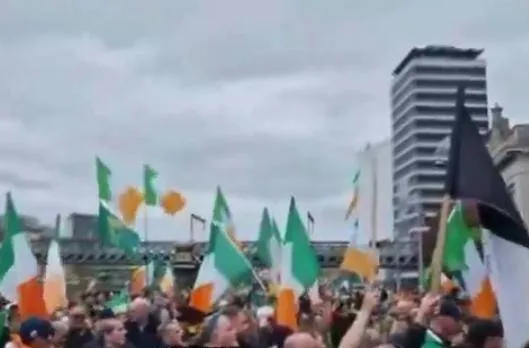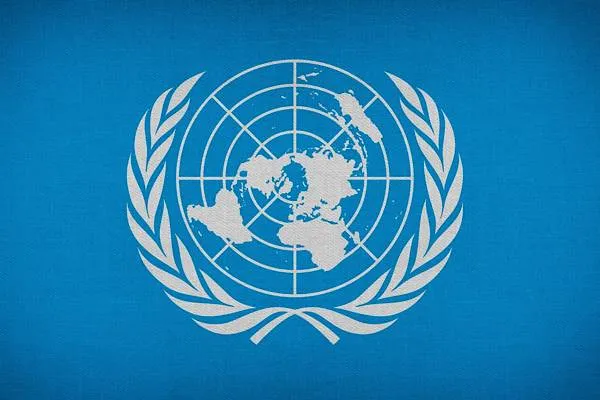Ireland goes to the polls to vote in local and European elections
Dublin, June 7 (Hibya) - Following the Netherlands, Ireland goes to the polls today to vote in local and European Parliament elections.
Polls show almost two-thirds of voters want tighter controls on immigration, with a record number of far-right candidates on the ballot.
Voters in Ireland are heading to the polls in local and European elections marked by housing shortages and a backlash against migrants and refugees.
A record number of far-right candidates are on the ballot for local councils and the European Parliament. Still, it is unclear whether many of them will be elected and join the expected rise of the far-right across Europe.
The ruling coalition parties have sought to reduce the threat by toughening rhetoric and measures against migrants and asylum seekers. The far-right has also lowered its hopes, with more candidates to split the vote.
The Irish economy is close to full employment and returned to growth in the first three months of this year. Still, a shortage of affordable houses and flats to rent and buy has increased homelessness and social problems, leading to a public backlash.
Planning and construction bottlenecks and a growing population caused the crisis. Still, agitators have tried to blame it on Ukrainians and other refugees who have filled asylum centres and hotels and pitched tents in central Dublin. There have been demonstrations, arson attacks and a riot.
Dozens of anti-immigrant candidates are running as independents or as members of micro-parties without elected representatives. Some promise to “oppose the EU migration deal” and “preserve Irish culture”. Others warn, without any evidence, that the Irish will be replaced by a new “plantation”.
While polls show that almost two-thirds of voters want tighter controls on immigration, the centre-right government has reduced welfare support, expanded sanctions and abolished camps to deter new arrivals.
This appears to have helped stabilize support for the Greens and Fianna Fáil and strengthened Fine Gael, the third party in the coalition led by Prime Minister Simon Harris.
Voter disillusionment with immigration has hit Sinn Féin, the main opposition party, even though it is not in power, according to polls. Its left-wing populist criticism of the government helped it reach 33% support in 2022. Still, perceived softness on immigration has seen it fall to 22%, putting a question mark over its hopes of leading the next government after the general election in March next year.
But the disastrous elections in 2019, in which Sinn Féin lost half of its assembly members and won just one European seat, mean that the party is fighting from such a low base that it is almost certain to win seats in these elections. Party leader Mary Lou McDonald said: “We are competing in every local constituency. I want us to be the biggest party."
Polls open at 7 am and close at 10 pm. Ireland will send 14 MEPs to Europe, representing 2 percent of the 720-seat parliament. Voters will also fill 949 city and county council seats in 31 local government authorities and elect a mayor for Limerick.
Usa News Agency
















